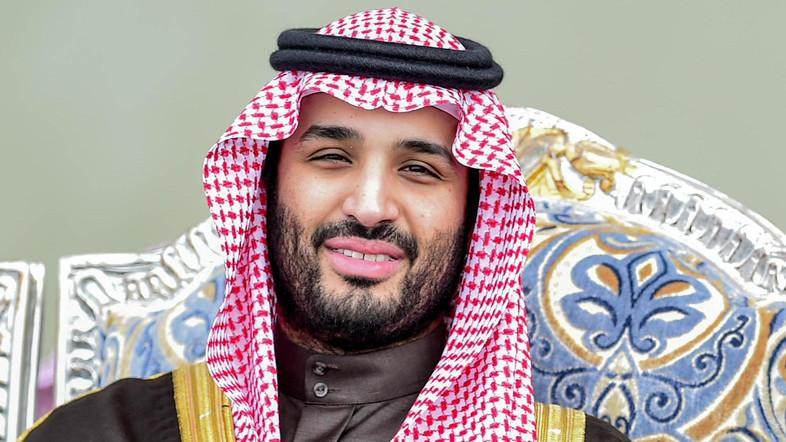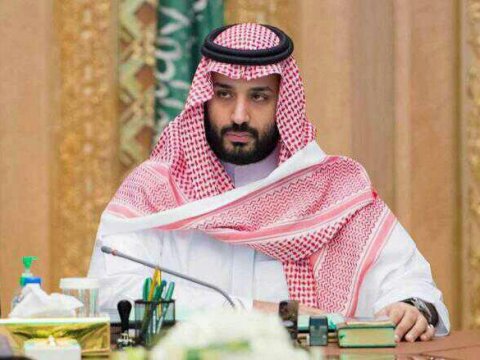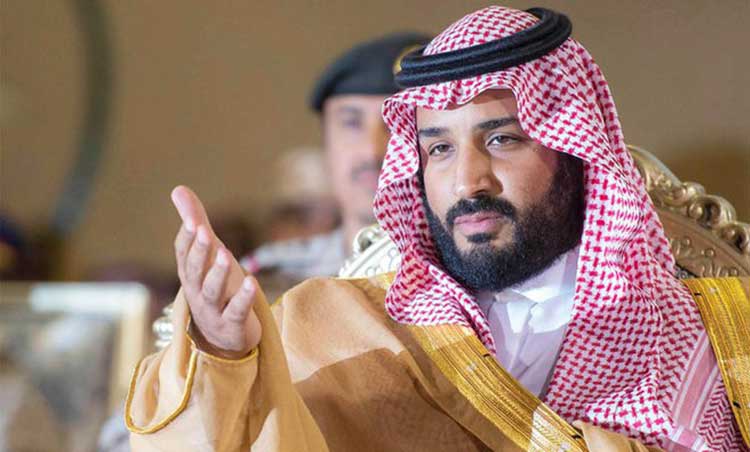
International politics often seems like a subplot straight out of Game of Thrones, with its numerous alliances, strategic agreements and rhetoric of (and sometimes, actual) war. The latest development in this ever-changing game of alliances is the Saudi crown prince’s recent remarks on Israel.
In a recent interview on his tour of the United States, Prince Mohammed bin Salman said that he recognised the right of Israelis to’ their own land’. The statement is significant because it marks a public announcement of Saudi Arabia’s growing closeness with Israel- a nation it still does not officially recognise.
“I believe the Palestinians and the Israelis have the right to have their own land. But we have to have a peace agreement to assure the stability for everyone and to have normal relations”- Prince Salman
Reasons for the new-found closeness
Backchannel talks have existed between Saudi Arabia and Israel for a long time. However, the two countries have found a reason to become firm allies- Iran. Both countries regard Iran as a threat and had earlier criticised the Obama administration nuclear deal with Iran.
Iran’s new found emergence and bid for hegemony in the Middle East has raised concerns in both Saudi Arabia and Israel. This has brought the two countries closer. This new found closeness is reflected in the countries’ united stance on Qatar’s diplomatic and economic blockade last year.
The complicated game for supremacy in the Middle East has pitted Saudi Arabia and Iran against each other for years. Israel has been their common foe. But Iran’s growing dominance in Syria, Lebanon as well as Iraq, has resulted in a rapprochement between Saudi and Israel. The recent statements can serve as a veiled threat to Iran about the possibility of both nations uniting against it.
There is also a demand for Israeli technology, both in defence as well as water desalination, that have influenced relations with its neighbours. Israel has few allies in the region, but its dominance in technology ensures that backdoor relations are always there.
A possibility exists that both Israel and Saudi Arabia might try to collectively influence the Trump administration to adopt a more hardliner approach to Iran. Trump, who has already been extremely critical of the Iran nuclear deal, may be seen by both countries as an easy person to influence in their favour on the issue of Iran.
Foreign investment- another factor?
The place and timing of Prince Salman’s remarks is also important. To revitalize his country’s economy by reducing its dependence on oil exports, Prince Salman has actively been courting foreign investors. It is believed that the decision to allow women to drive was also based, to an extent, on rehabilitating Saudi Arabia’s image to attract more economic investment.
Now in the US for a visit, Prince Salman’s statements could have multiple audiences. Apart from aiming to dominate Iran, the statement acknowledging an Israeli state seeks to attract investors. By conceding the implicit existence of Israel, Prince Salman also wants to gain more economic investment from USA, which has been a firm ally of both countries.
A divided policy?
However, it does not seem likely that the ties between Saudi and Israel will have more overt displays. King Salman reiterated Saudi Arabia’s support for a Palestinian state in a phone call to President Trump. No mention was made of his son’s statements on Israel.
This could point to a divide concerning Saudi Arabia’s foreign policy. Prince Salman has adapted a newer, more aggressive role for his country ever since he entered political life. His actions are aimed at his support base, which consists mostly of youngsters. But they have put him at odds with the old guard still in power. Acknowledging Israel could be the latest move that puts a barrier between the new and older generation of the Saudi political elite.
In any case, the statements supporting a Jewish state are unlikely to result in any actual political move endorsing the same. The only thing that will be worth watching out for is whether the newfound ‘friendship’ between Saudi Arabia and Israel will solidify into a permanent alliance against Iran.
Priyale Chandra is a a freelance journalist and a student of Convergent Journalism at AJK MCRC, Jamia Millia Islamia. My areas of interest include literature, international relations and history.









































